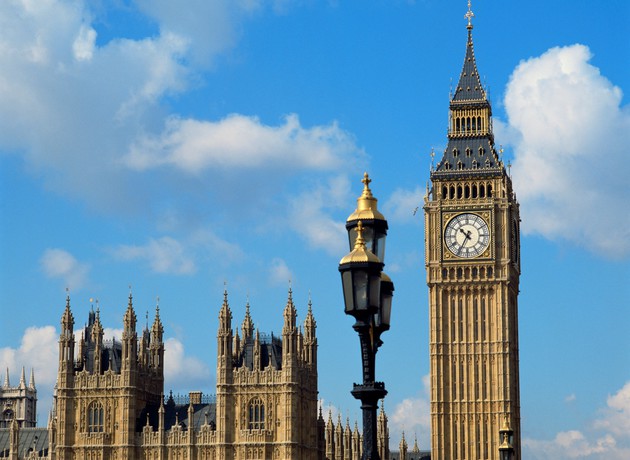
Duty freeze U-turn ‘extremely disappointing’, says WSTA
The scrapping of the freeze on alcohol duty rate rises by new Chancellor Jeremy Hunt has been condemned as counterproductive by the UK drinks trade.
Announced on 17 October as part of sweeping U-turns on the recent government mini-budget, the reversal of the freeze, which was to last a year from 1 February 2023, has been billed as saving the Treasury around £600m a year.
However, industry organisations including the WSTA have challenged the reversal, arguing that the added tax burden will be both disruptive and unproductive for drinks trade and Treasury alike.
“The news that the latest Chancellor has scrapped the freeze to alcohol duty is extremely disappointing. This is yet another change of plans which will cause disruption to UK wine and spirit businesses who have spent the last two years being bounced from one crisis to the next,” said WSTA chief executive Mile Beale.
He added: “Raising taxes is not only bad news for consumers worried about the cost of living, but also stifles growth and innovation for British businesses trying to recover from the pandemic and supply chain issues. History has shown that freezing alcohol duty does not have a negative impact on Treasury coffers.”
The move was described as a “huge blow” by the British Beer and Pub Association, which said the reversal would now add an additional £300m in costs to an already hard-pressed sector, with UK Hospitality also adding its voice to those describing it as an “unfair burden”.
Beale tweeted that the additional duty is “not as simple as suggesting £600m accrues to @hmtreasury”, referring to historical evidence that above a certain level taxation becomes counter-productive as consumers rein in spend.




